William Petty, 2nd Earl of Shelburne (Whig, 1782-1783)
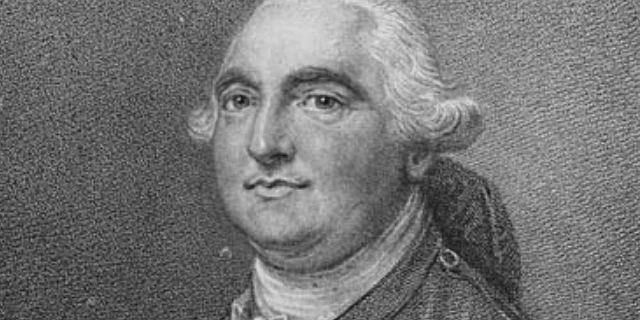
...An unhappy Irish childhood was followed by study at Christ Church, Oxford and then military service. By 1760, having seen action in the Seven Years War (1756-63), he had risen...

...An unhappy Irish childhood was followed by study at Christ Church, Oxford and then military service. By 1760, having seen action in the Seven Years War (1756-63), he had risen...
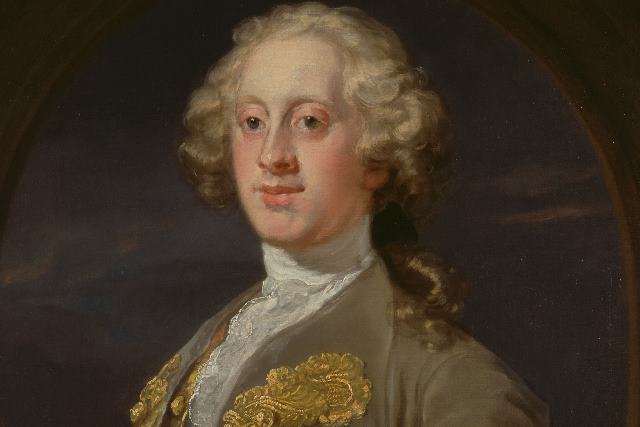
...continued to serve in Newcastle’s administration and was appointed Lord Lieutenant of Ireland in March 1755. Irish politics in this period was divided between supporters of the administration and a...
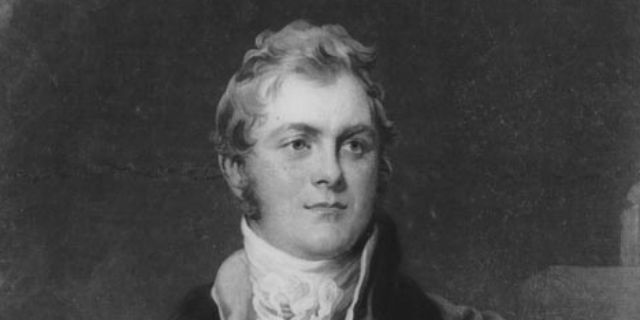
...Lord Privy Seal, having already served the Whig premier as Colonial Secretary from 1830. In 1834 he resigned over the government’s policies on the Irish Church and in 1836 joined...
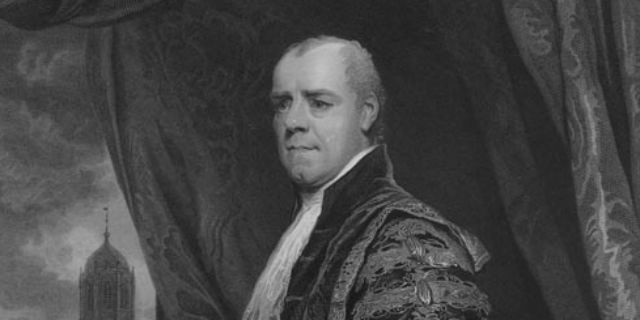
...1784, through the influence of his elder brother George, Earl Temple. He served under his brother as Irish Chief Secretary in Dublin during Shelburne’s ministry of 1782-3, but when Temple...
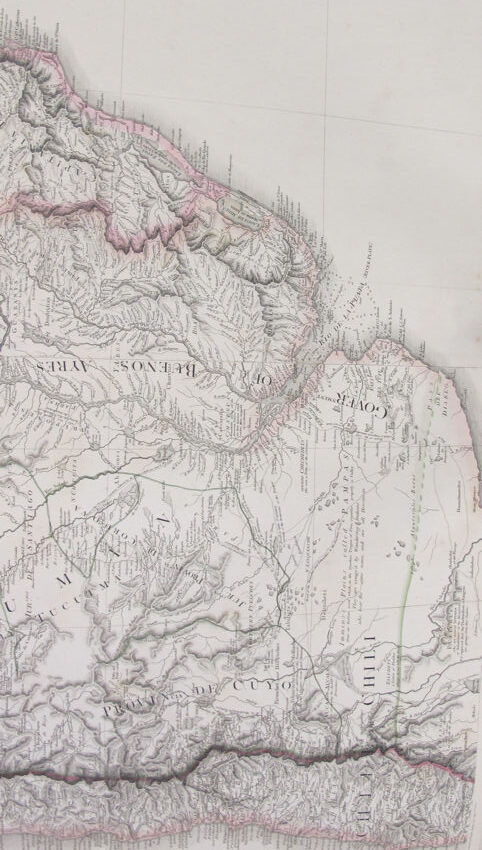
...employed Irish people for many diplomatic and military positions. One was Ambrose O’Higgins who became the Viceroy of Peru. His illegitimate son, Bernado O’Higgins, helped Chile to their independence, and...
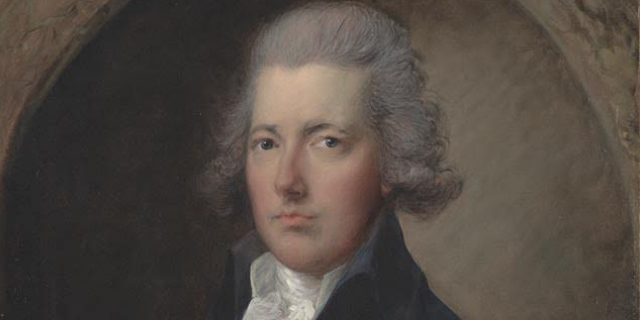
...including in 1799 Britain's first income tax. The international context also made a resolution of Irish issues more pressing. Following the rebellion of 1798,arose the Act of Union of 1800,...
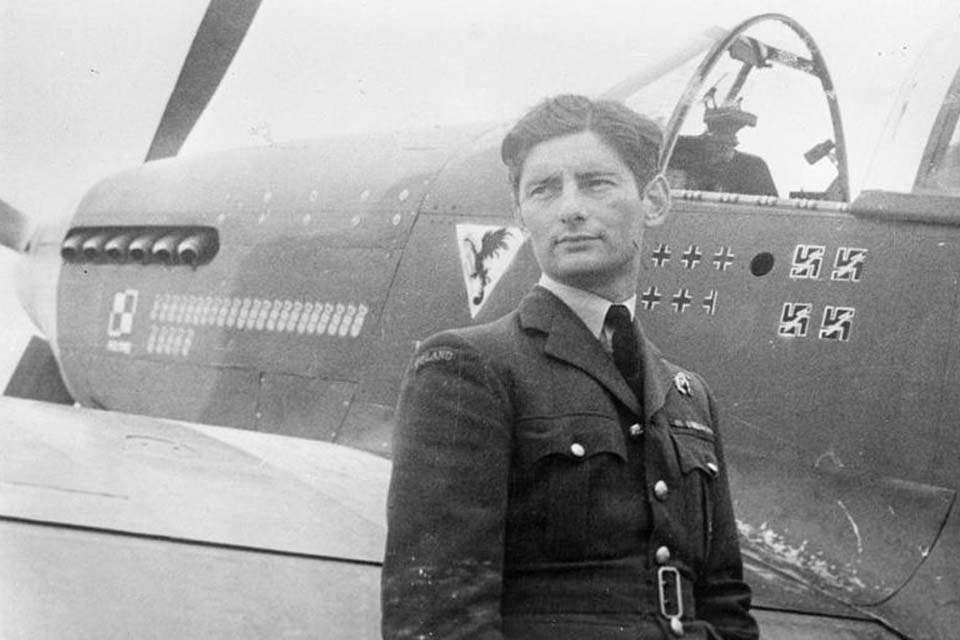
...nearly 200,000 Irish men and women worked in Britain’s war industries. Four Czechoslovakian squadrons flew with the RAF and took part in the Battle of Britain and the Normandy Landings....
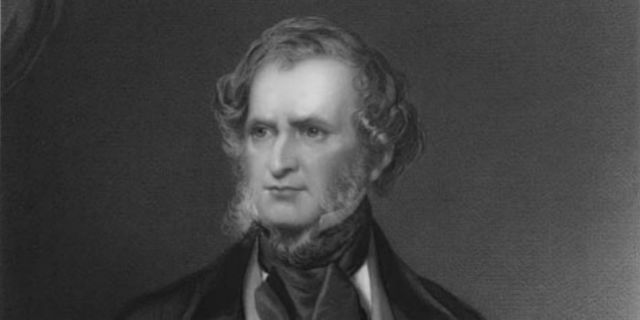
...treat with Irish leader Daniel O’Connell and his followers. He became Colonial Secretary in 1833 and took charge of the bill to abolish slavery, in response to mass, public petitioning....
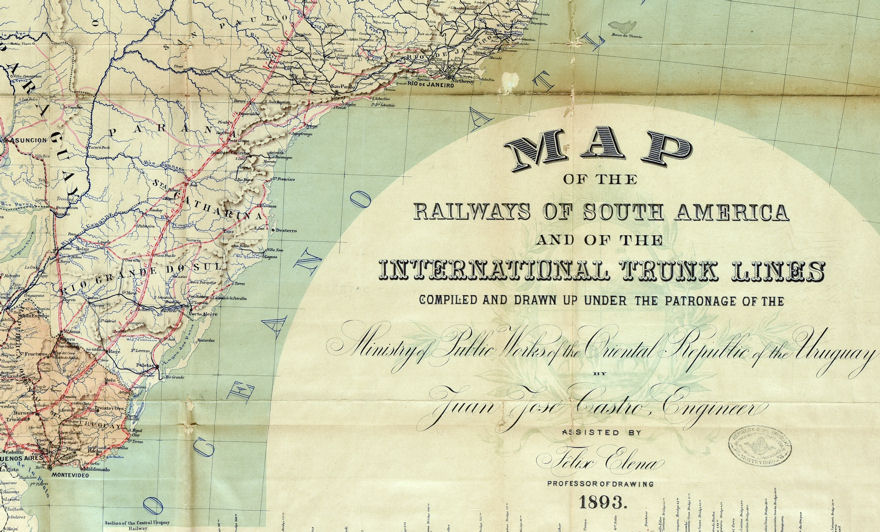
...and entrepreneurs arrived to make their fortunes. Welsh, Irish and Germans emigrated to make new lives in the newly opened markets and the cities. The SS Minosa1 left Liverpool in...
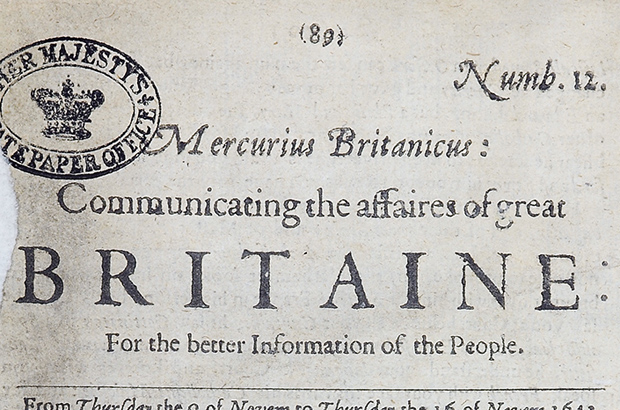
...'papist conspiracy'. This was not helped by the Irish rebels in 1641 calling themselves the 'Queen's Army' and claiming to be acting upon Royal orders. By 1644, a Parliamentary pamphlet...